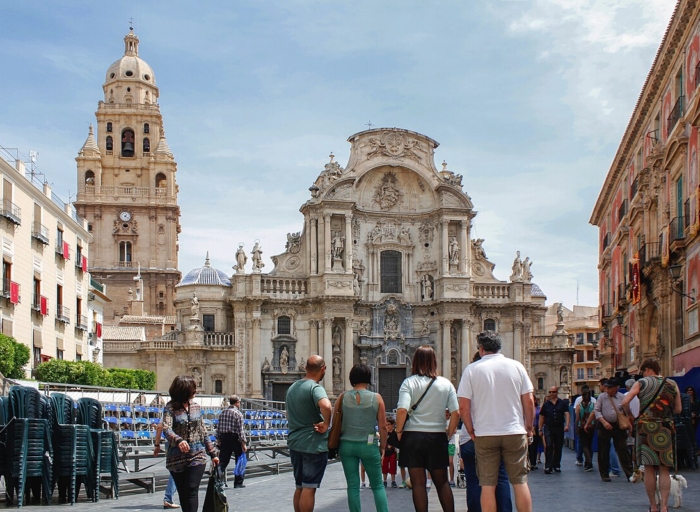Spain’s former monarch, Juan Carlos I, has released a memoir that traces his complex life – from being handpicked as the successor to dictator Francisco Franco, to his fall from grace and self-imposed exile. The book, Reconciliation, offers rare personal reflections, but rather than bridging old divides, it exposes deep feelings of betrayal and isolation from his family, including his son and current monarch, King Felipe VI.
Chosen by Franco
Born in exile in Italy in 1938 during Spain’s civil war, Juan Carlos was brought back to Spain at the age of ten under Franco’s orders and educated to become the dictator’s heir. In the memoir, he writes of Franco with a mixture of respect and gratitude, describing him as a man of “intelligence and political vision.”
He recounts being at Franco’s bedside in his final moments in 1975, when the dictator allegedly grasped his hand and urged him to “keep the country united.” Two days later, Juan Carlos was proclaimed King of Spain, marking the end of nearly four decades of dictatorship.
A Tragic Childhood Memory
The memoir also revisits a long-buried tragedy: the death of his younger brother, Alfonso, in 1956. According to Juan Carlos, the two were handling a pistol in their Portuguese home when it accidentally discharged. “I lost not only a brother but a friend and confidant,” he writes, describing the event as a defining sorrow that left his life “less bright and far more lonely.”
From Defender of Democracy to Disgraced Monarch
Juan Carlos earned national admiration for helping to safeguard Spain’s young democracy during the attempted military coup of 1981, led by Lieutenant-Colonel Antonio Tejero. But over the years, that respect evaporated amid scandal.
Reports of infidelity, financial misconduct, and a controversial 2012 elephant-hunting trip during Spain’s economic crisis severely damaged his reputation. As unemployment soared at home, images of the king on a luxury safari became a symbol of excess and disconnect.
His long-term relationship with Danish-German socialite Corinna zu Sayn-Wittgenstein-Sayn, he admits, was a “serious mistake” that tarnished his standing and hastened his downfall.
Money, Exile, and Regret
Juan Carlos stepped down in 2014 and moved to Abu Dhabi in 2020 as multiple financial investigations unfolded in Spain and Switzerland – all of which were later dropped. King Felipe VI withdrew his father’s €200,000 annual allowance and distanced the royal household from him.
In the memoir, Juan Carlos concedes that accepting a €65 million “gift” in 2008 from the late King Abdullah of Saudi Arabia was “a grave error,” saying he “did not know how to refuse.”
Despite his wealth, he laments his current position, remarking, “I am the only Spaniard who receives no pension after almost 40 years of service.”
Fifty Years After Franco
As Spain marks the 50th anniversary of Franco’s death, the 87-year-old former king has reportedly not been invited to the official commemorations – a snub he sees as further proof of his estrangement from his country and family.
Reflecting on his legacy, he writes: “I gave freedom to the Spanish people by helping to establish democracy, yet I was never able to enjoy that freedom myself.”



